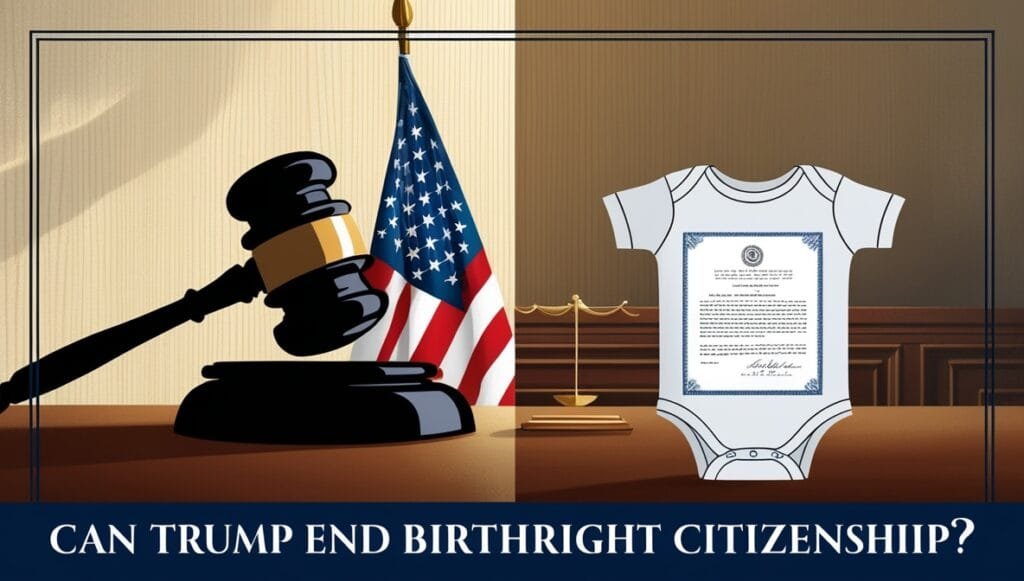Can Trump End Birthright Citizenship? President-elect Trump’s pledge to end birthright citizenship faces legal hurdles, constitutional barriers, and societal consequences. Explore the complexities of this controversial proposal.
Also Read – Apple iOS 18.2 Launch AI Features and Updates Arrive December 9
Constitutional and Legal Roadblocks
Legal experts and political analysts emphasize that abolishing birthright citizenship would face significant hurdles:
- Amending the Constitution
A constitutional amendment requires a two-thirds majority in both the House and Senate, followed by ratification from three-quarters of state legislatures. This arduous process is widely viewed as implausible given the current political landscape. - Executive Order Limitations
Trump has previously claimed he could end birthright citizenship via executive order, a notion dismissed by legal scholars and politicians, including former Republican House Speaker Paul Ryan. Constitutional changes cannot bypass legislative or judicial review. - Established Legal Precedent
The 14th Amendment, ratified in 1868, has consistently upheld the principle of birthright citizenship. Overturning it would require dismantling long-standing legal interpretations.
Potential Fallout from Ending Birthright Citizenship
The consequences of eliminating birthright citizenship could be profound:
- Increased Burdens on Citizens
Parents across the U.S. would need to provide proof of citizenship for their children, making birth certificates insufficient as documentation. - Rise in Unauthorized Population
Studies predict that removing birthright citizenship could drastically expand the unauthorized immigrant population, creating significant societal and logistical challenges.
Understanding Citizenship Pathways

The article highlights the different types of citizenship and their implications:
- Birthright Citizenship: Based on birth within a country’s borders.
- Citizenship by Descent: Inherited from one or both parents’ citizenship.
- Naturalization: Acquired by foreign-born residents meeting specific criteria.
- Marriage Citizenship: Granted to foreign-born spouses of citizens.
- Dual Citizenship: Holding citizenship in more than one country.
- Citizenship by Investment: Obtained through financial contributions (not applicable in the U.S.).
Global Perspective on Birthright Citizenship
Contrary to Trump’s assertions, the United States is not alone in offering birthright citizenship. Several nations maintain similar policies, demonstrating its global relevance.
A Complex and Controversial Path Forward
Efforts to dismantle birthright citizenship would require not only constitutional amendments but also a reevaluation of foundational American principles. Legal experts continue to argue that any attempt to abolish this right would face insurmountable challenges, both legally and politically.







